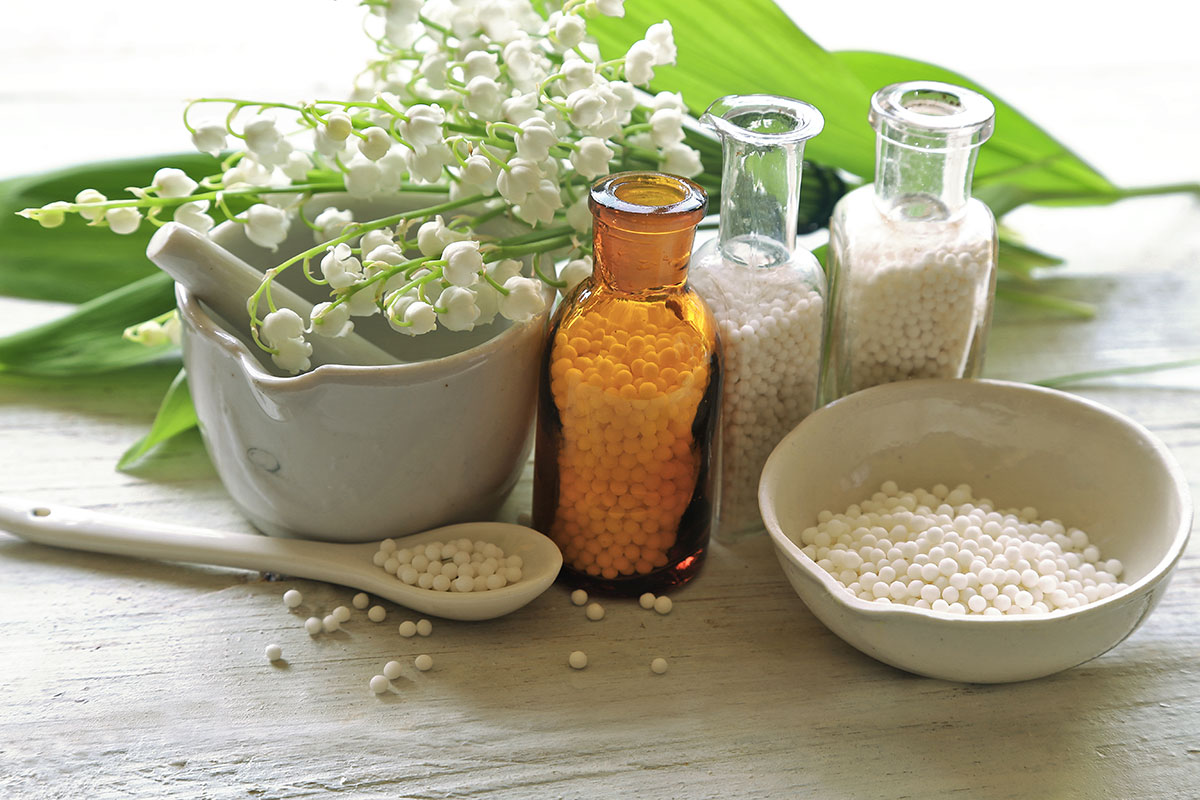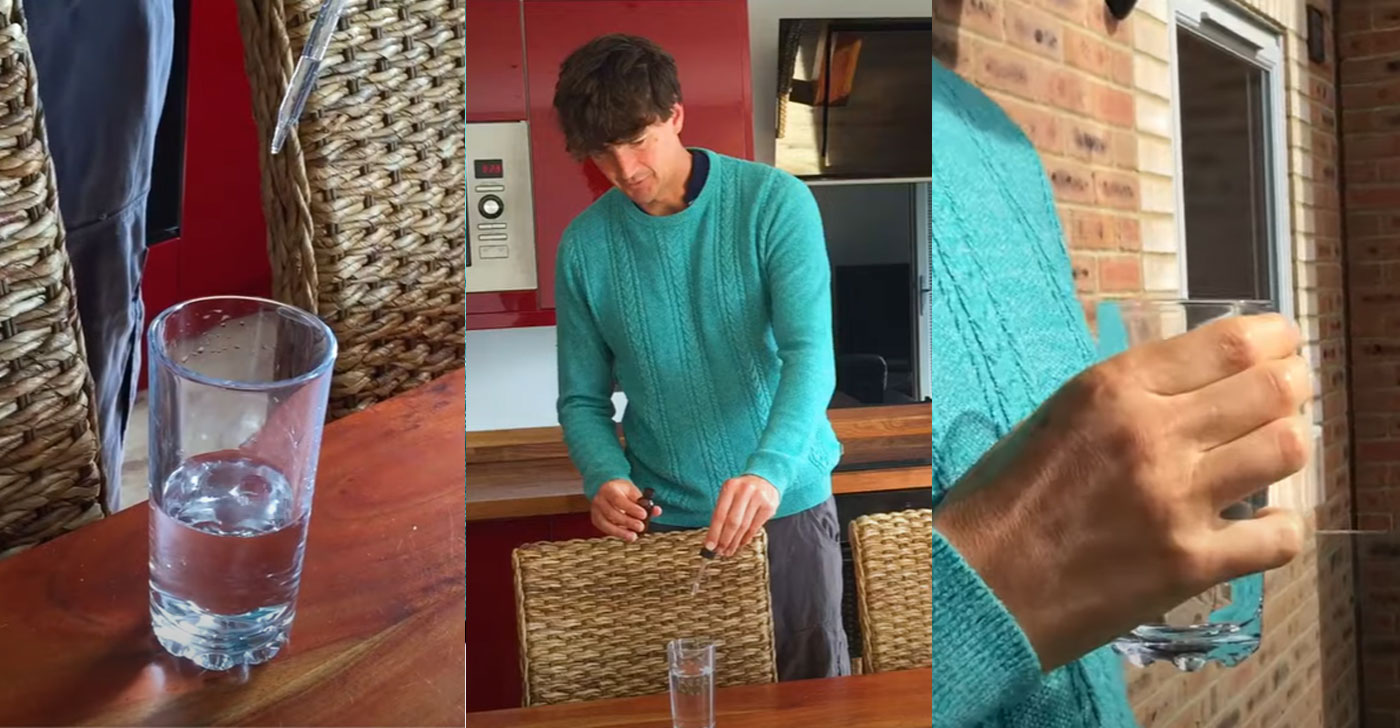Stress. Just seeing the word might give you anxiety. It's not a word we like to see and it's especially not one we like to experience.
But when used properly, it can be an incredibly powerful tool.

Hormesis involves putting the body through healthy levels of stress to keep it flexible. Adaptable. Ready to take on new situations without crumbling under the need of only doing what’s comfortable.
I previously explained the mistake of antioxidant supplements: how taking loads of antioxidants is like giving the body no stress because the supplements reduce the need for the body to produce its own antioxidants. This weakens the entire antioxidant system.
But certain foods that we think of as having powerful antioxidant properties in fact are mild toxins or gentle stressors that stimulate the body’s own antioxidant system. As a result, it keeps this system strong and adaptable. This low-level stress is the healthiest thing for it.
There is a growing body of research supporting this idea of hormesis, showing its important role in longevity.
In fact, one paper shows that many scientific subdisciplines are studying it under different names (hormesis, adaptive response, preconditioning, etc.), making it difficult to gather together all the research that’s being done.
Is more stress better?
The overarching finding of the research is that “a low dose of a stressful stimulus activates an adaptive response that increases the resistance of the cell or organism to a moderate to severe level of stress.”
In other words, a little stress makes you stronger. For example, the need to eat a rainbow diet, or one that provides you with a wide variety of foods and their many colors. (Artificial colors not included.) But even that isn’t enough.
If you just find seven different foods of seven different colors and then only eat those, the body could lose its ability to adapt to food.
Then, in a setting where you need to eat something else, the body could respond with an allergy or sensitivity.

Better to sometimes challenge the body with something new and at other times to stick with the (healthy) foods you know and love.
Exercise works in a similar manner. You stress the body by exercising in short bursts. As long as you adequately recover, your body will get stronger. Providing too much stress, like doing High-Intensity Interval Training sessions on consecutive days can weaken your body.
In practical terms, a little stress goes a long way. But quantity and variety of stressors are also important.
Hormesis is more than food and exercise
Exercising and eating antioxidant-rich foods are very easy to understand. You encounter them on a regular basis. What follows also involves hormesis and it is the groundwork for much of what we do at NES.
In the early 1900s, Nikolai P. Kravkov was researching this topic in Russia. He looked at biologically active substances (BASs) when diluted in water to the point that molecules of the original BAS were no longer present. And then he studied the effects of the water.
Here’s where it gets really interesting: if the original BAS was known to cause one response in the body, the imprinted water would cause the opposite effect.
For instance, substances that normally constricted the blood vessels, like adrenaline or histamine, instead expanded blood vessels when introduced as an imprint of information in water.
Why would it cause the opposite effect?
This goes back to the idea of hormesis. Too much stress breaks the body down and weakens it.
But a little stress makes it respond with corrective measures, making it stronger and more adaptable.
If you were to consume a large amount of some toxin, it could make you sick or kill you. But in minute doses, the body can respond with a corrective measure.
In both cases, the stress or toxin initially impacts the body in a “negative” way. They are having a similar effect on the body, but at much different levels.
However, in the case of a large dose (of stress or toxin or anything else), the body is overwhelmed and cannot have a strong enough corrective response. So we see the body move in a “negative” direction.
But in the case of a very low (“hormetic”) dose, the body engages in a “positive” corrective response that we can see. It moves toward health. In other words, the stress or toxin always causes the same directional effect on the body initially, but when we measure the response of the body, we see opposite results.
Does hormesis form the basis of homeopathy?
In short, yes, it does.
In homeopathy, you introduce a very subtle version of something that would normally cause symptoms of illness in the body; you’re looking for the body to then respond with a corrective response. If you’ve chosen the correct homeopathic remedy, then this response is meant to pull someone away from less-than-optimal health.

But in homeopathy, you’re not just dealing with a “small” dose—you’re dealing with energy signatures similar to what Kravkov was studying. The original substance is no longer there. So it’s a very subtle dose that the body, ideally, can respond to in a positive way.
When Kravkov studied the effects of BASs when diluted in water, he saw the body responding in an opposite way to how the original BAS would affect it.
This makes sense, because the energy signature stored in water was working in a more subtle way on the body, speaking only to the body-field directly, but speaking to the body indirectly.
This means that the body was more easily able to respond in a positive way.
Magnetized water is another example of water memory that can be seen in everyday and conventional usage.
Magnetized water is well known to reduce the buildup of hard-water deposits and lime scale in pipes and technical installations.
But the really impressive point is that the effects of magnetizing water last long after the magnetic field disappears—for hours and even days.
On that observation alone, we should understand that water can retain information and continue to affect things with that information.
Today, this is happening. Some bioenergetic practitioners imprint homeopathic remedies in this way. Meanwhile, researchers are imprinting the information of conventional medicine directly into water and getting results, potentially without stressing the liver.
Overcoming the limits of hormesis
There’s an important limitation to the hormetic approach, and this impacts the use of herbs or homeopathy and other wellness approaches.
If the body is lacking energy, it cannot respond in a corrective way. (It doesn’t have the fuel to make the proper response.)
And if the master control system—the body-field—isn’t working correctly, then it doesn’t know how to respond in a corrective way.
In either case, the hormetic remedy could make the problem worse than it already is, or at least it won’t make things better.
That’s why it’s critical to charge the body battery and make sure the control system is working the way it’s meant to. This should always be the first step.
Communication throughout the body must be efficient and accurate. If you address these two things—the body’s battery and its control system—then healing can occur.
Once addressed, you can also use hormetic remedies; they might still encourage further adaptation and strength in the body.
But the corrective approach is key. Its importance cannot be overstated.
This is why Infoceuticals form the basis of what we do at NES. Infoceuticals provide the corrective information that allows the body to utilize hormetic stress properly.

Assuming things are working correctly, the body is able to react with a corresponding increase in information and correctly restore the efficient state of being.
The value of this intentional hormetic stress is that it keeps the body more flexible, more adaptable to different situations -- allowing you to maintain your health and providing you with energy for life.



.png)
